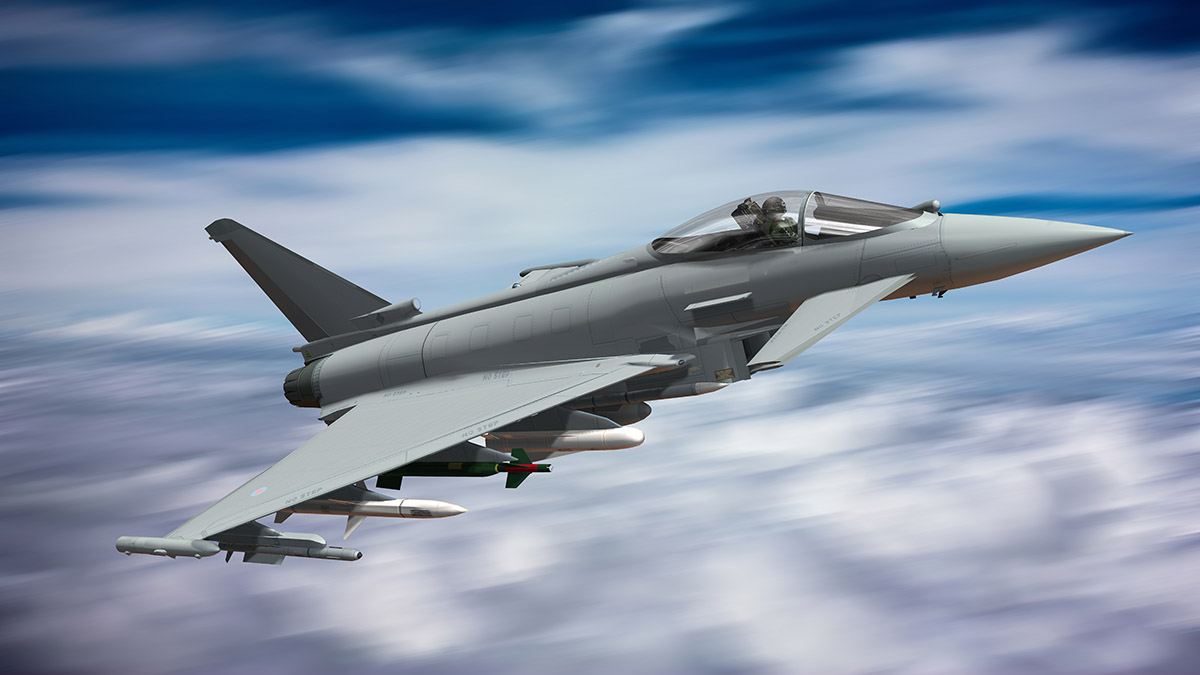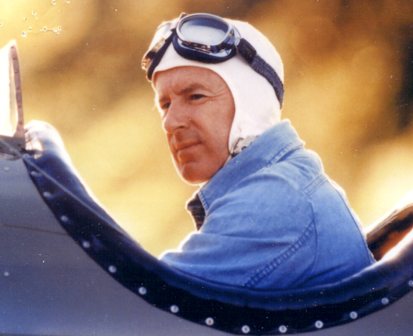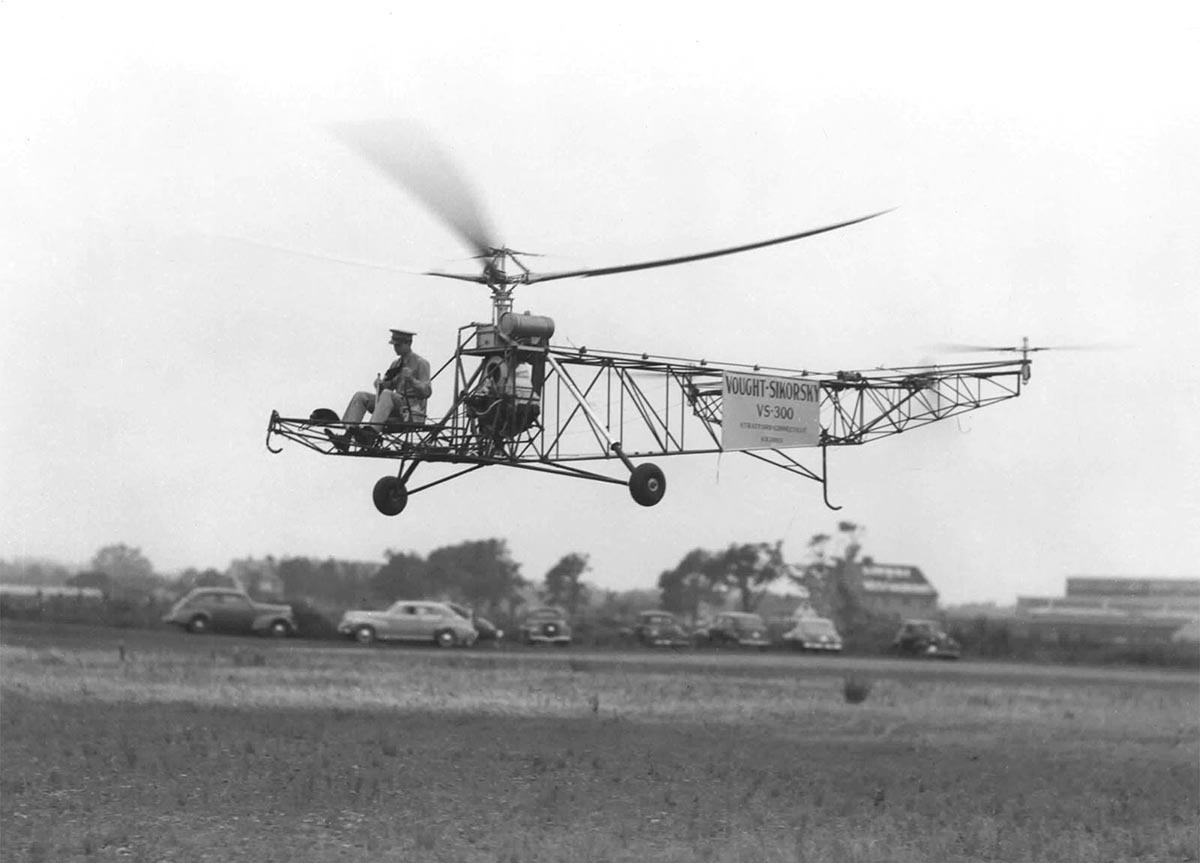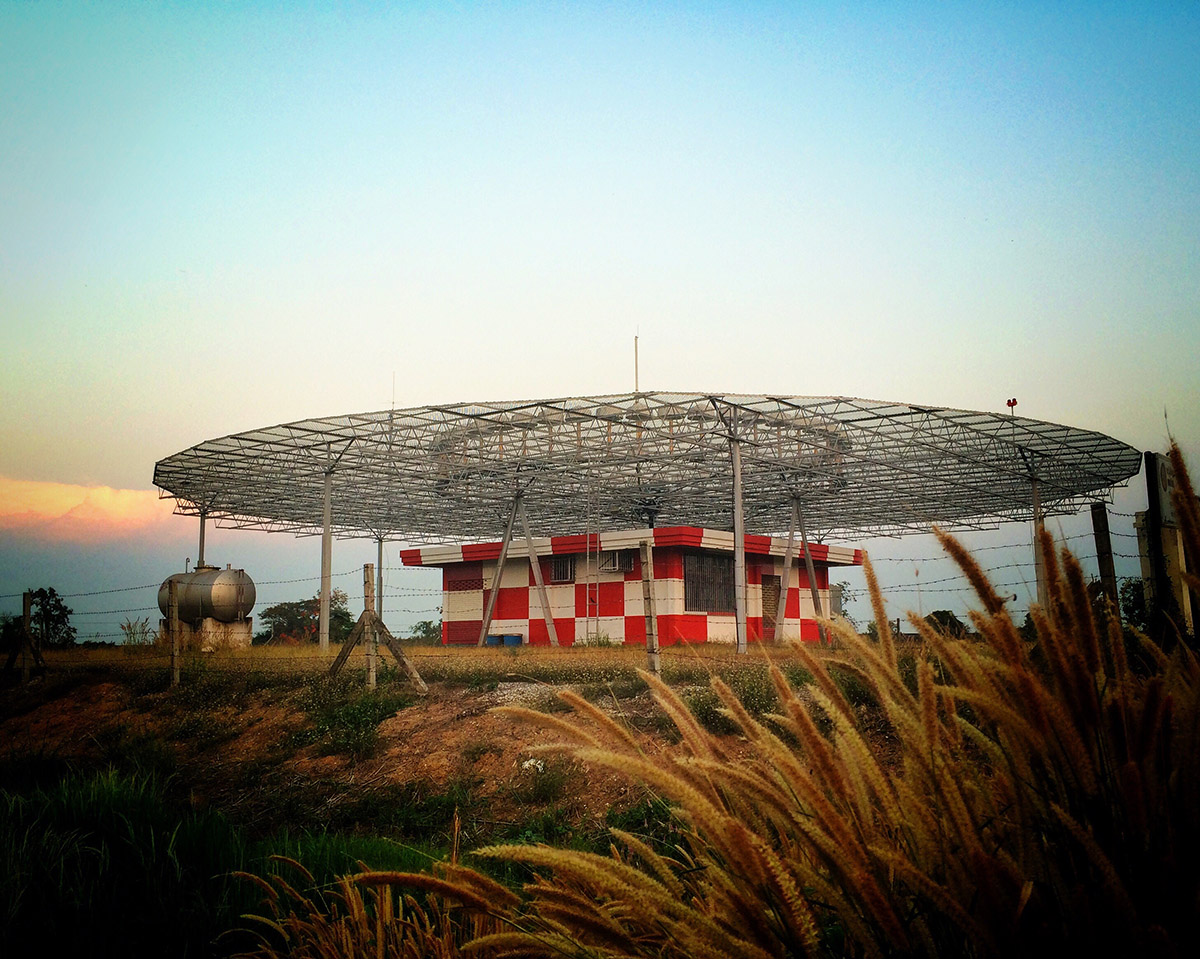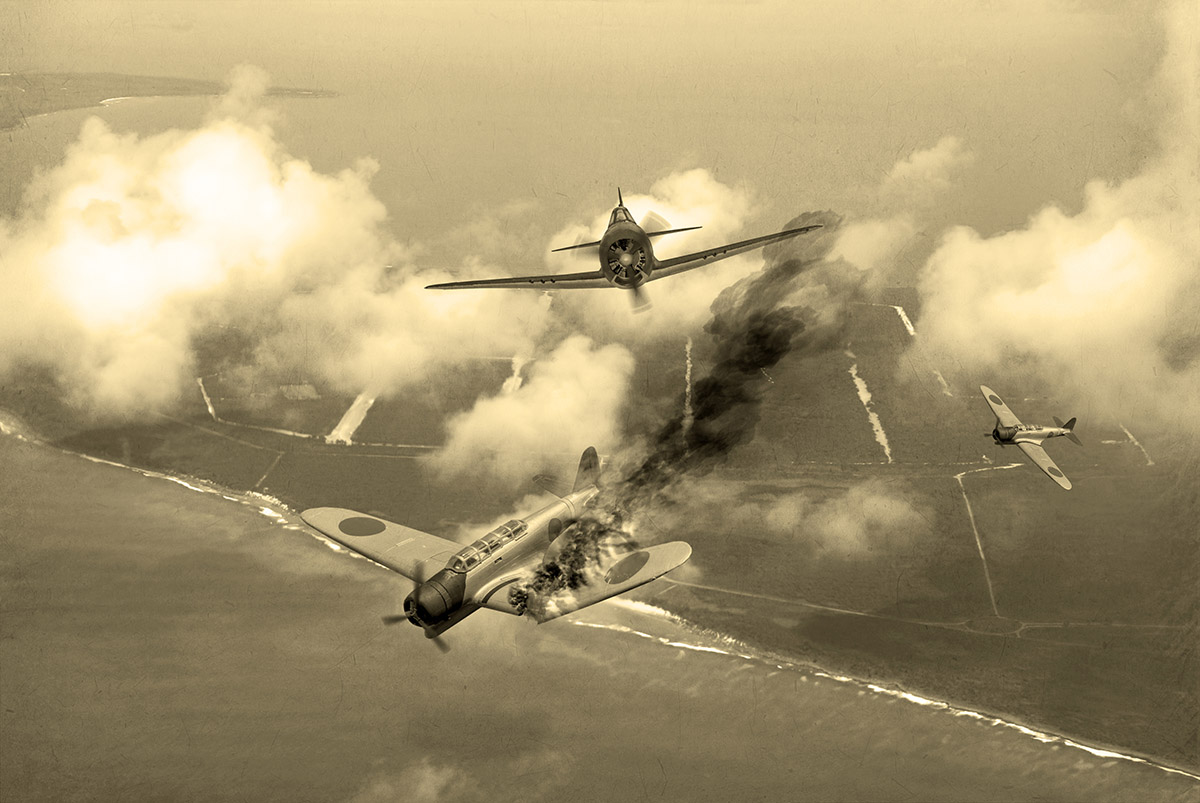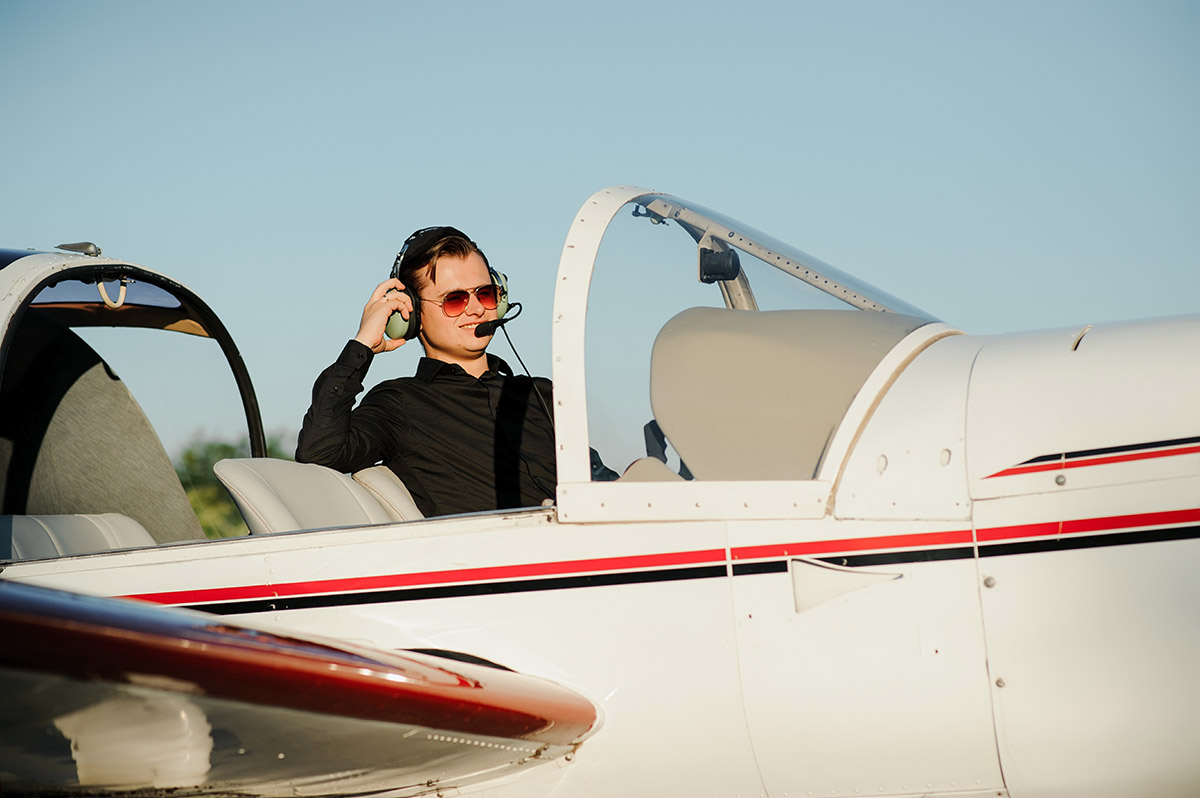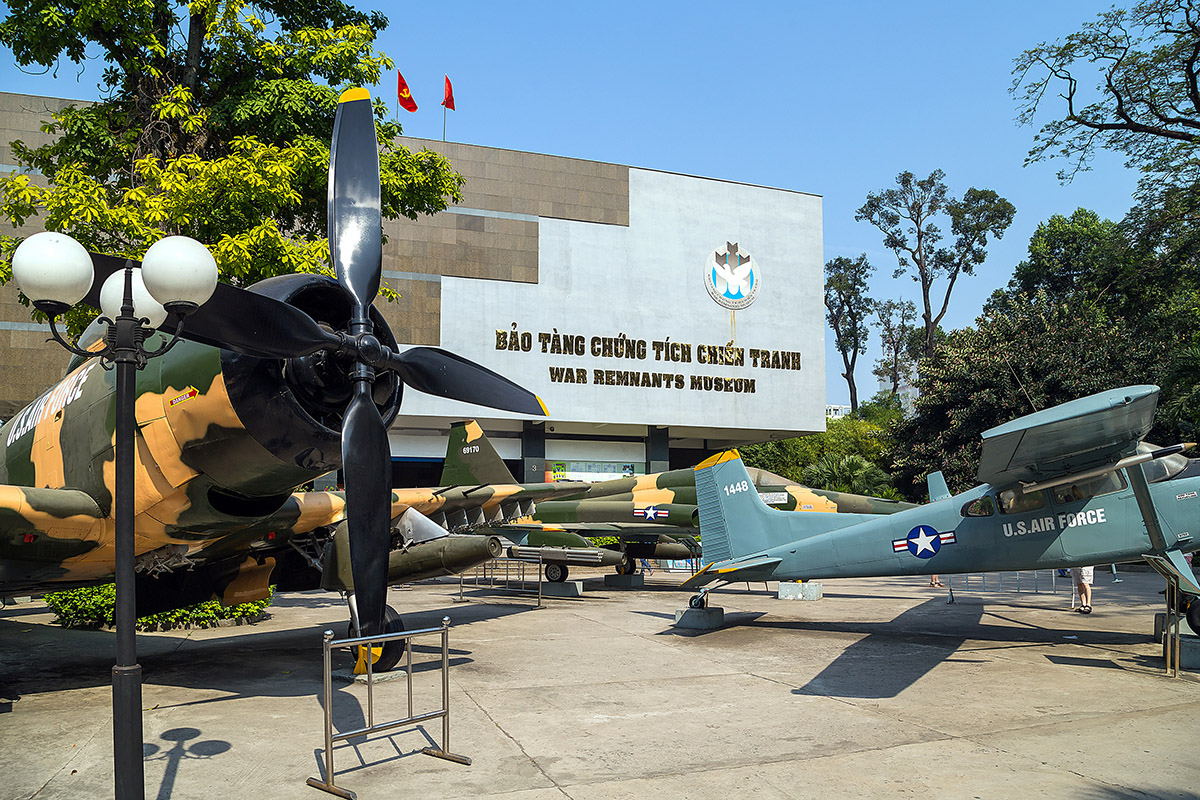What is the fastest military jet? The purpose of fighter jets is to combat other aircraft in the sky. With multiple combat and warfare capabilities, these aircraft are swift and powerful. Aviation enthusiasts have long been enthralled with speed, inspiring pilots and engineers to create aircraft that surpass the sound barrier and reach astounding speeds.
Here is a ranking of the world’s top quickest fighter planes. Note that the ranking of these fighter planes on this list is solely based on their max speed. It is unaffected by other elements like usability, age, or mobility. A few of these aircraft were only ever designed to be experimental machines.
In this article:
How Fast Does A Fighter Jet Fly? Average Speed
Many of the jets in use today may reach high speeds of Mach 2, which is about 1,300-1,360 miles per hour (mph). Notice that the maximum speeds are normally recorded at an ideal height, which is usually higher than 30,000 feet or 9,000 meters.
Mach numbers express a fighter jet’s speed in relation to the speed of sound. Mach 1 equals about 767 mph. The sound barrier can be broken with a speed greater than Mach 1. Some contemporary fighter planes can often reach speeds of Mach 2.0 or faster, while some can reach Mach 3 or even higher.
What Is The Fastest Jet In The World? 15 Fastest Military Aircraft
According to BBC Science Focus, the NASA X-43 was the fastest aircraft ever made, with an extraordinary speed of Mach 9.6, or 7,366 mph. Coming in second place is the NASA/USAF X-15, with a max speed of 4,520 mph. However, the fastest fighter jets still in service is the MiG-25 Foxbat, reaching 2,190 mph.
NASA X-43
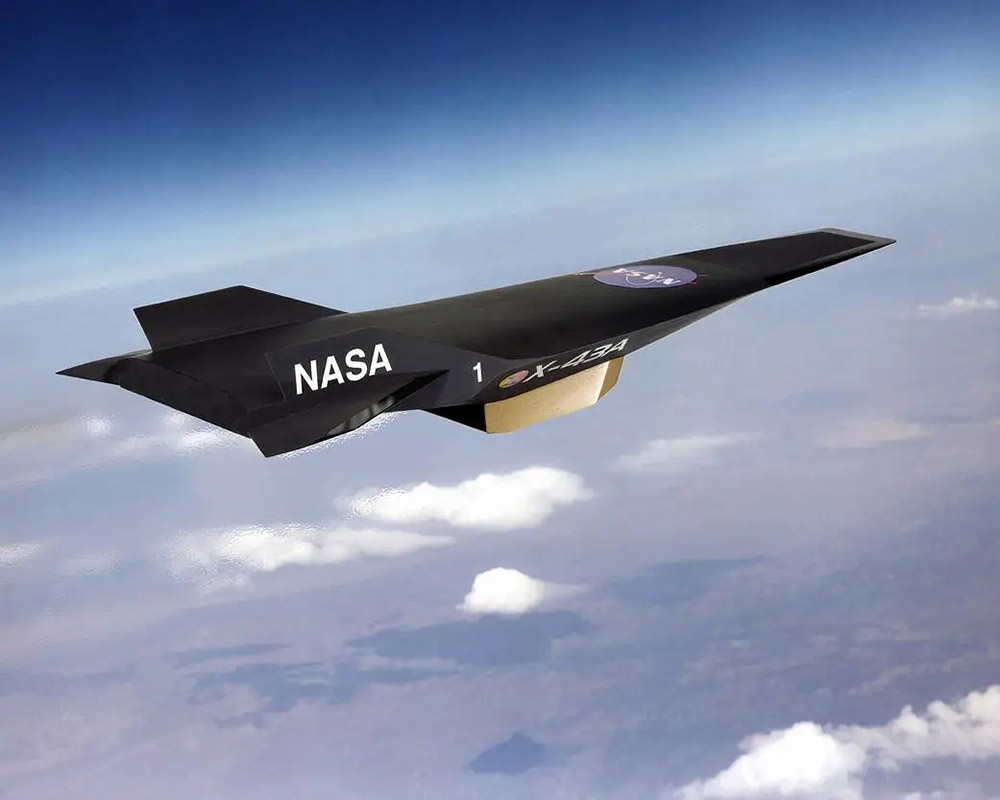
The NASA X-43 experimental aircraft was now the fastest fighter jet in the world, but it’s no longer in service. Its scramjet architecture allowed it to accelerate to Mach 9.6, about 11,854 kph or 7,366 mph.
In all, three such planes were constructed. Two flew for ten seconds each, then glided for ten minutes before purposefully crashing into the water. One of them was destroyed during a testing session in 2001. Even though this aircraft’s design required them to be dropped from the B-52 to fly, it is nevertheless quite stunning.
NASA/USAF X-15
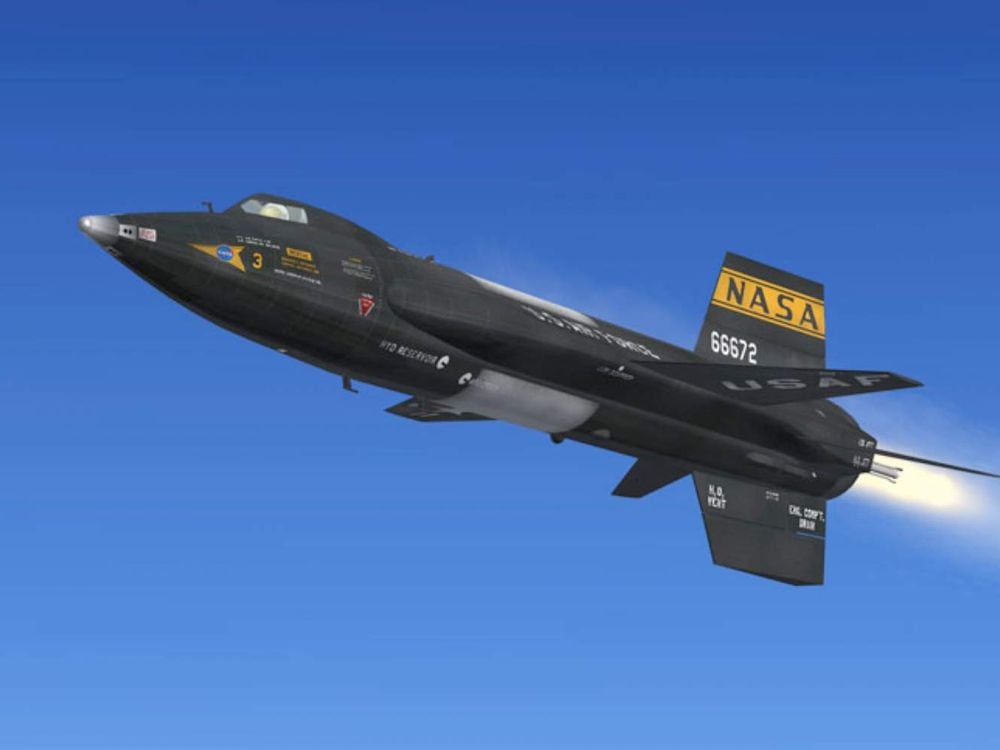
The X-15 can reach the top speed of Mach 6.72 or around 4,520 mph. It was a collaborative effort between NASA and the US Air Force, designed as an experimental research aircraft. Although the outcome was more similar to rocket-based than fighter-jet-oriented, it demonstrated what might be achieved when jets were replaced with rockets.
Throughout the course of the 1960s, merely three were constructed. All of these were affixed to two altered Boeing B52 bombers that transported the X-15 before taking off midair. Out of the twelve pilots that took to the skies in the X-15, eight managed to soar over fifty kilometers. Since this satisfied the Air Force spaceflight requirement, these pilots were immediately eligible to become astronauts.
Lockheed SR-71 Blackbird
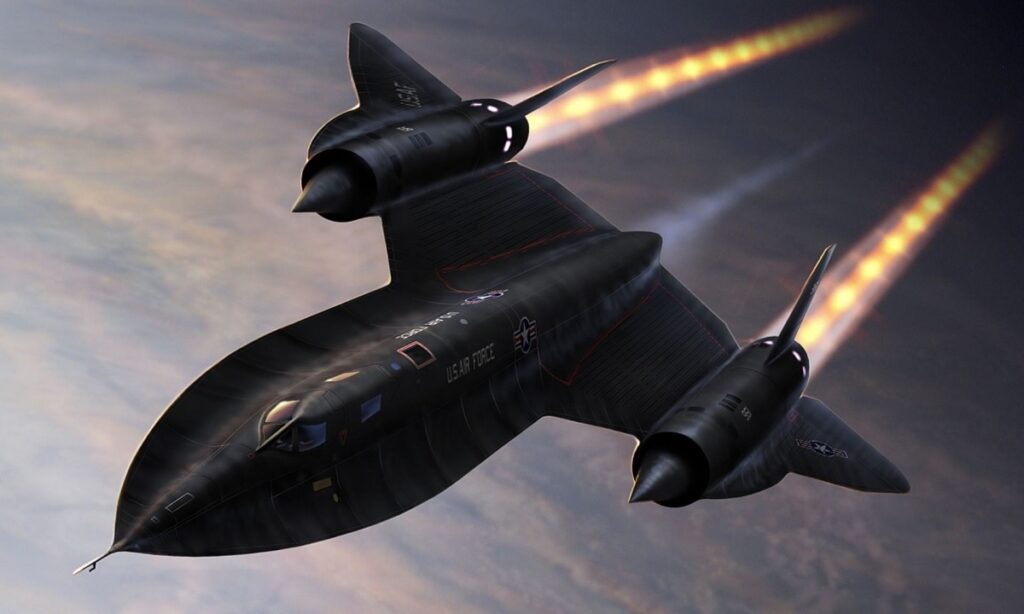
Lockheed was constructed to go at Mach 3.4 or over 2,500 mph. Comparatively speaking, the SR-71 Blackbird may appear sluggish because its maximum speed is only half that of the X-15. This jet is still one of just five airplanes ever made that can travel faster than Mach 3.0. Considering that the X-15 was more of a rocket-based fighter plane ever constructed and put into active service, the SR-71 is one of the fastest fighter jets to have ever been made.
The legendary SR-71 Blackbird was designed for reconnaissance missions in the 1960s and is now in use by both NASA and the USAF. NASA decommissioned the final SR-71 in 1999 because satellites now perform many reconnaissance tasks.
Lockheed YF-12
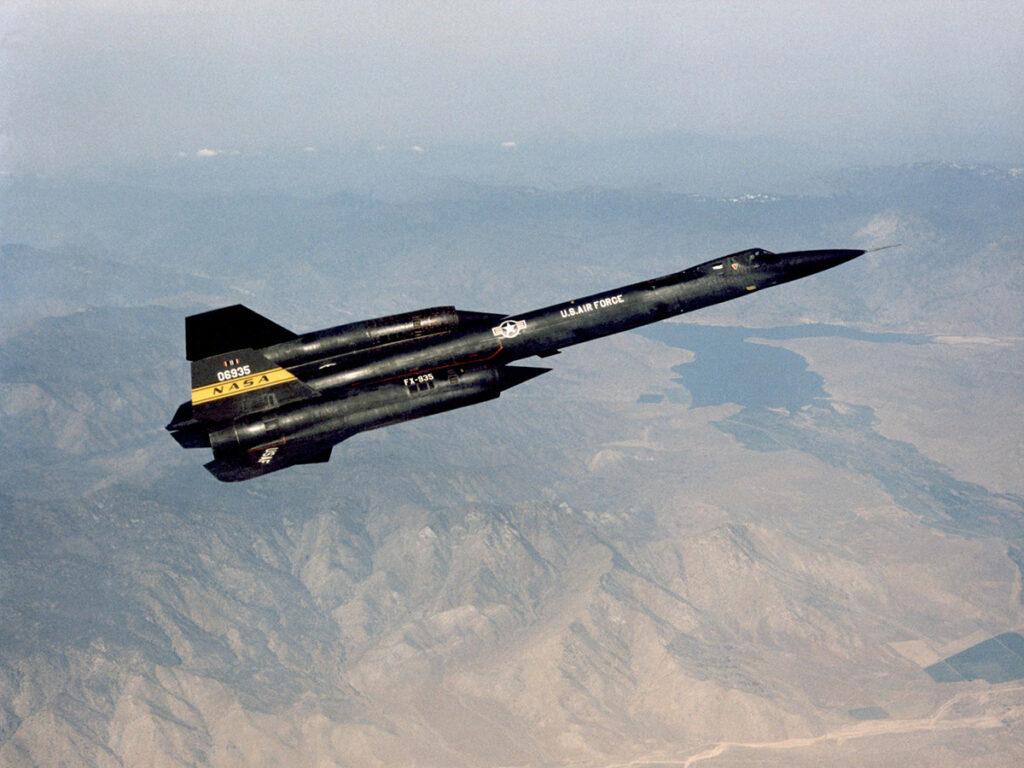
This one is the prototype and forerunner of the SR-71 Blackbird. The YF-12 interceptor aircraft, designed to replace the F-106 interceptor, was first manufactured as a prototype in the late 1960s.
The YF-12 flew fewer than 300 times in the 9-year period of service for a total of around 450 flight hours. Additionally, it was regarded as one of the quickest planes ever to take off. The aircraft claims a record height of 80,258 feet and a max speed of 2,275 mph. However, both of these rates were eventually exceeded by the SR-71.
MiG-25 Foxbat
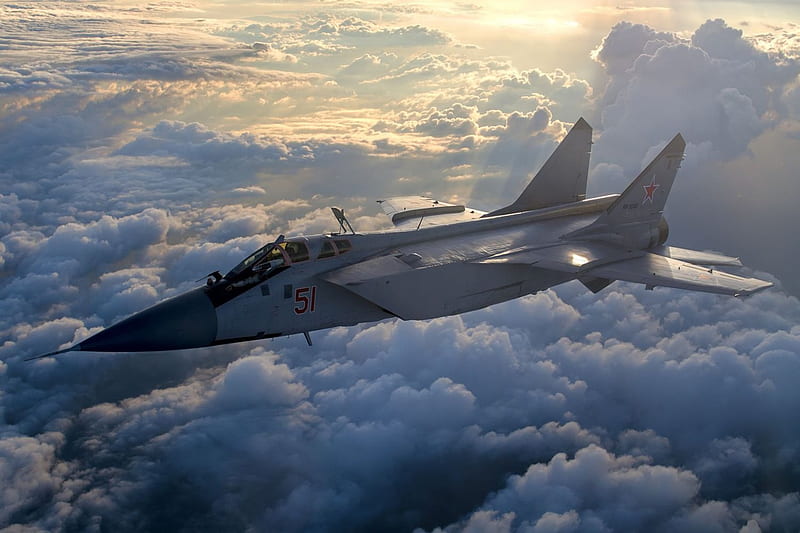
The MiG-25 Foxbat could only reach a top speed of 2,190 mph or Mach 3.2, which was insufficient for the Soviets for all their efforts. It is used by air forces and is still in limited use today. The MiG-25, which was created in the 1960s, was among the quickest fighter planes ever made and has maintained that status for over 50 years.
The MiG-25 is still used by a few aerospace forces, like Libya and Syria, for reconnaissance tasks despite the adoption of more contemporary versions like the MiG-31 and MiG-29. Production has stopped, but about 1,200 models were made.
Bell X-2 Starbuster
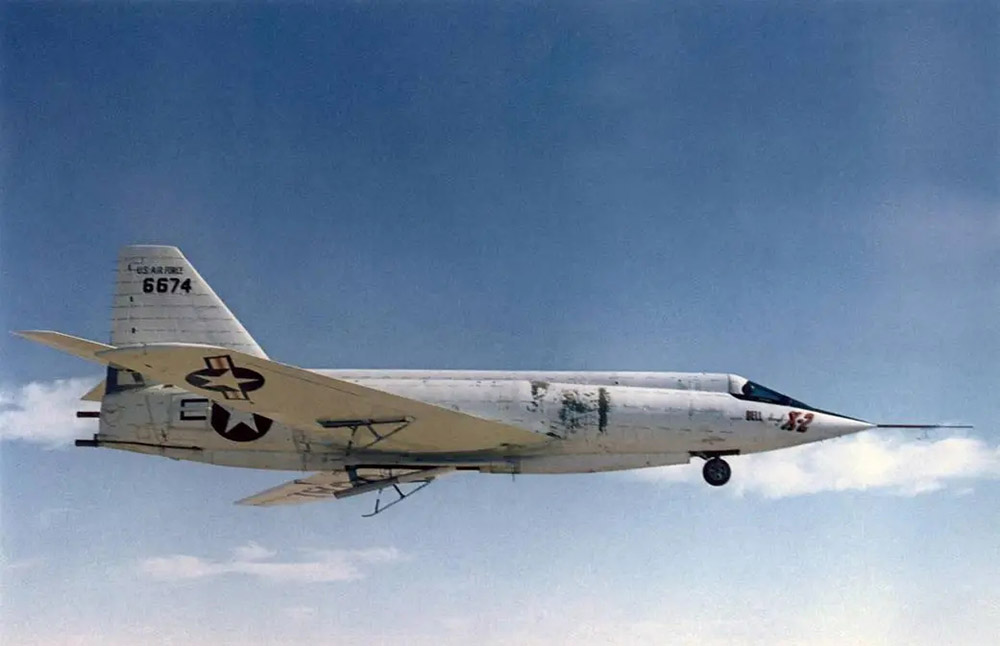
The Bell X-2 Starbuster, a research aircraft created in the 1940s and 1950s, was another aircraft with rocket wings, similar to the X-15. It can achieve the speed of Mach 3.2. This translates to 2,094 mph, which is quite fast.
Mainly focused on the heating issue brought on by aerodynamic friction, the X-2 was designed to investigate the flying rate in the Mach 2-3 region. In order to deliver important research, the Bell X-2 was built to fly quicker and at higher altitudes than its predecessor, the Bell X-1.
XB-70 Valkyrie
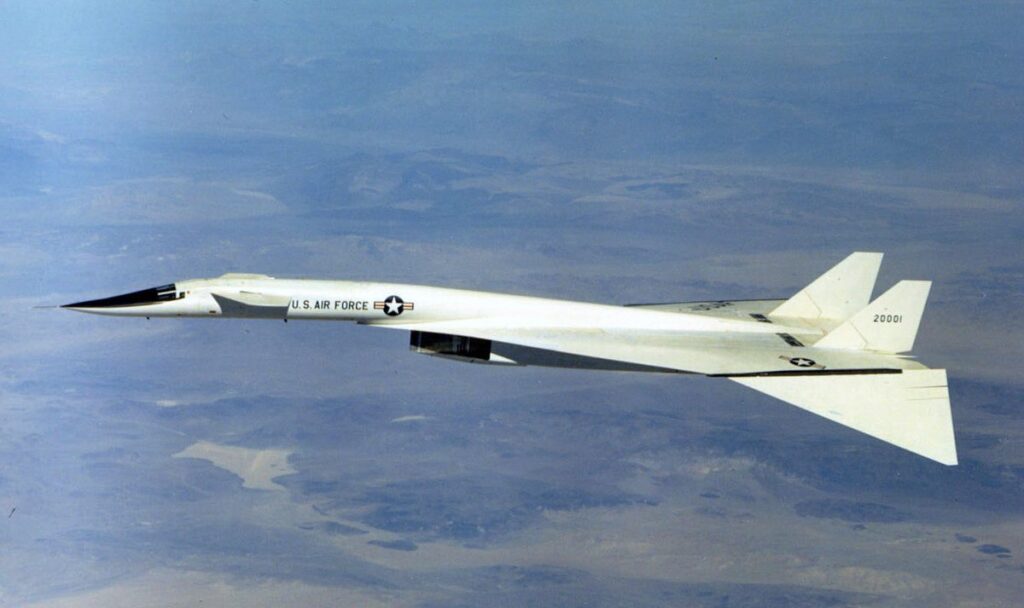
With its Mach 3.02 or 2,056 mph speed, the Valkyrie was intended to be a strategic bomber with great speed. The XB-70 was a marvel of its day, with its elegant delta-wing design and six powerful motors.
The B-70 was thought to be impervious to interceptor aircraft at this height and speed because it was moving too quickly for other planes to catch up to it and was hard for radars to detect. But as surface-to-air missiles advanced, the XB-70’s vulnerability became apparent, and the USAF began carrying out test flights at a lower altitude record. However, the B-52, which the XB-70 was intended to replace, outperformed it in terms of performance and was eventually canceled.
MiG-31 Foxhound
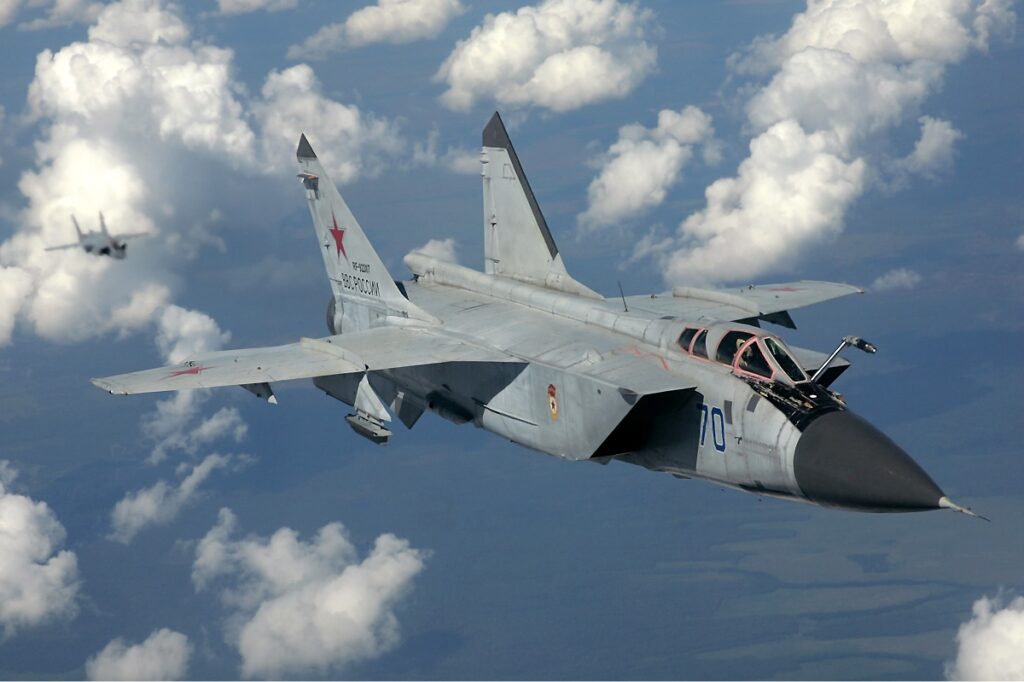
The MiG-31 Foxhound is a modern supersonic interceptor aircraft that was created in the 1970s to replace the more antiquated but quicker MiG-25 Foxbat. Another fun fact: It is still in use today.
The MiG-31 is now among the fastest fighter aircraft in operation and is predicted to be in service for a number of years, even though it has a limited peak speed of Mach 2.83 or 1,864 mph. This is despite the fact that it could theoretically achieve speeds of Mach 3.2 with increased jet engine damage risk. Though it was a little slower, the MiG-31 was designed to be far more nimble and simpler to fly than the MiG-25.
F-15 Eagle
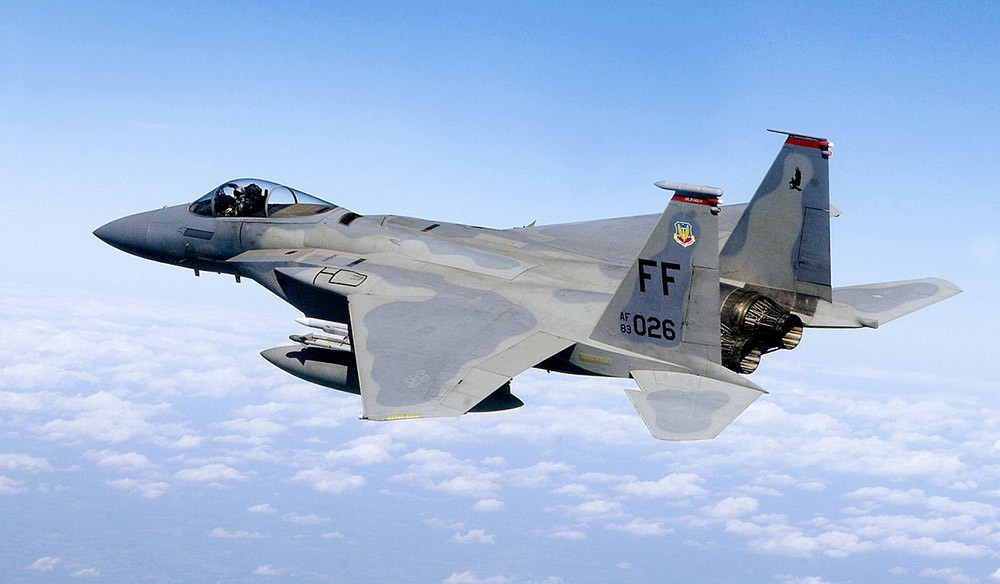
The American F-15 Eagle can reach a maximum speed of Mach 2.5 or 1,650 mph. It comes in a variety of versions, such as the F-15E Strike Eagle and the F-15N Sea Eagle, to meet diverse needs. For this reason, the plane is still used today by several air forces.
The F-15 is still one of the fastest and most varied fighter planes in the world, having been introduced in the 1970s. The initial development requirement was for it to attain Mach 3.0 speeds; however, this was dropped to Mach 2.5 to save money.
F-111 Aardvark
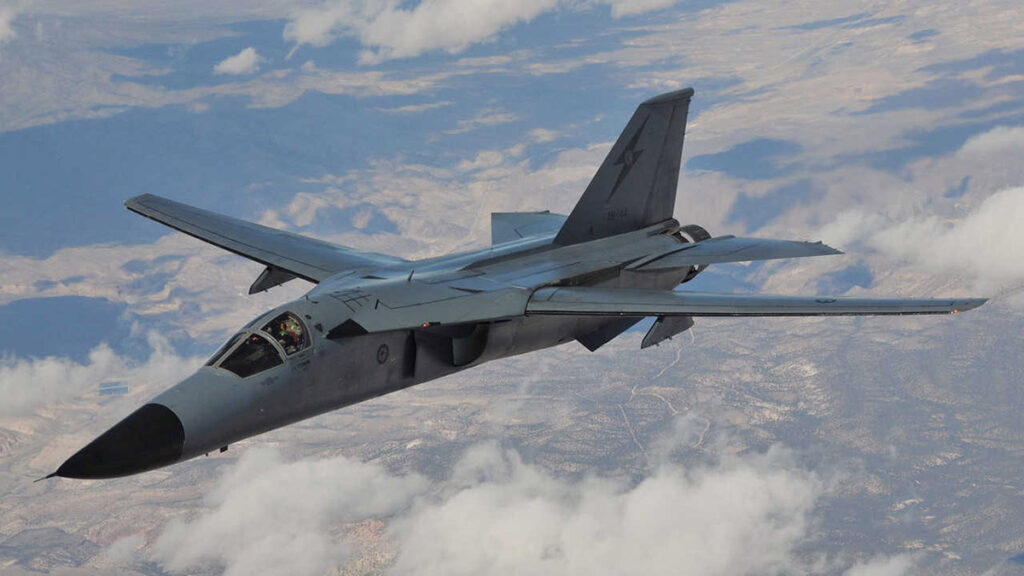
Supersonic medium-range tactical aircraft, known as the General Dynamics F-111 Aardvark, was first introduced at the end of the 1960s. Most air forces use it predominantly as a strategic bomber or fighter bomber. Its speed? Up to Mach 2.5.
In 1991, the US launched Operation Desert Storm while the F-111s were still in use. Compared to other US attack aircraft throughout the conflict, the F-111’s success ratio was superior, having completed 3.2 successful strike sorties for every failed one. Still, the F-111 Aardvark would be withdrawn from service in a few years despite outperforming more celebrated and modern strike aircraft.
Su-27 Flanker
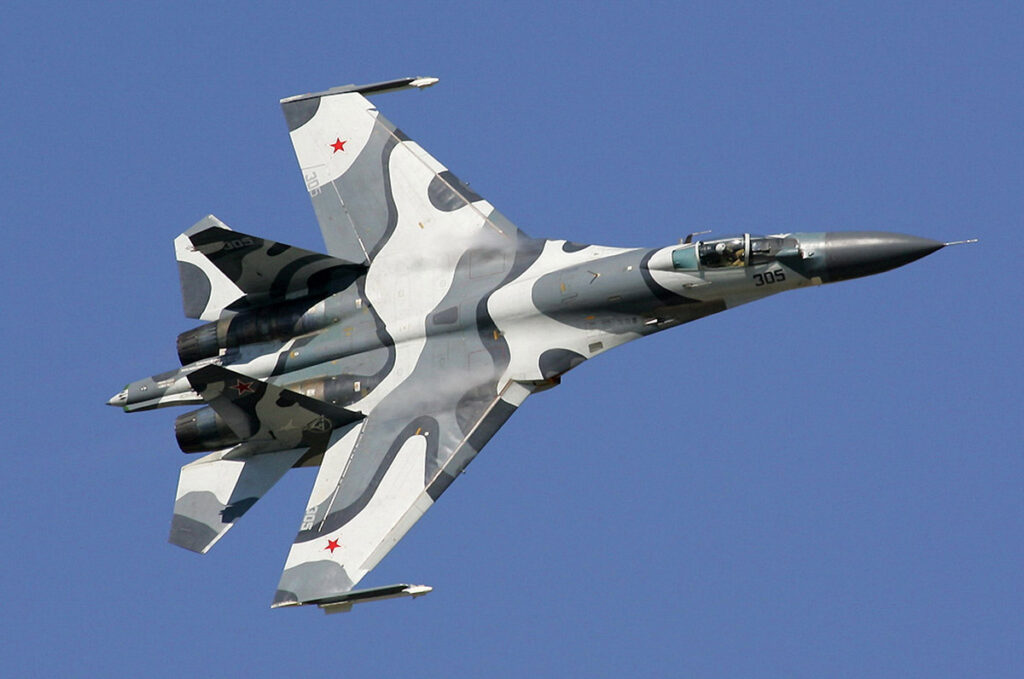
The Su-27 Flanker, another military aircraft high-speed marvel, is a prime example of Soviet invention. The Flanker, with a maximum speed of Mach 2.35 or 1,553 mph, is optimized for air superiority missions and is a formidable opponent in dogfights. When operated by proficient pilots, its potent engines and cutting-edge avionics provide a highly effective and deadly tool, demonstrating the Soviet Union’s dedication to expanding the frontiers of military aviation engineering.
Grumman F-14 Tomcat
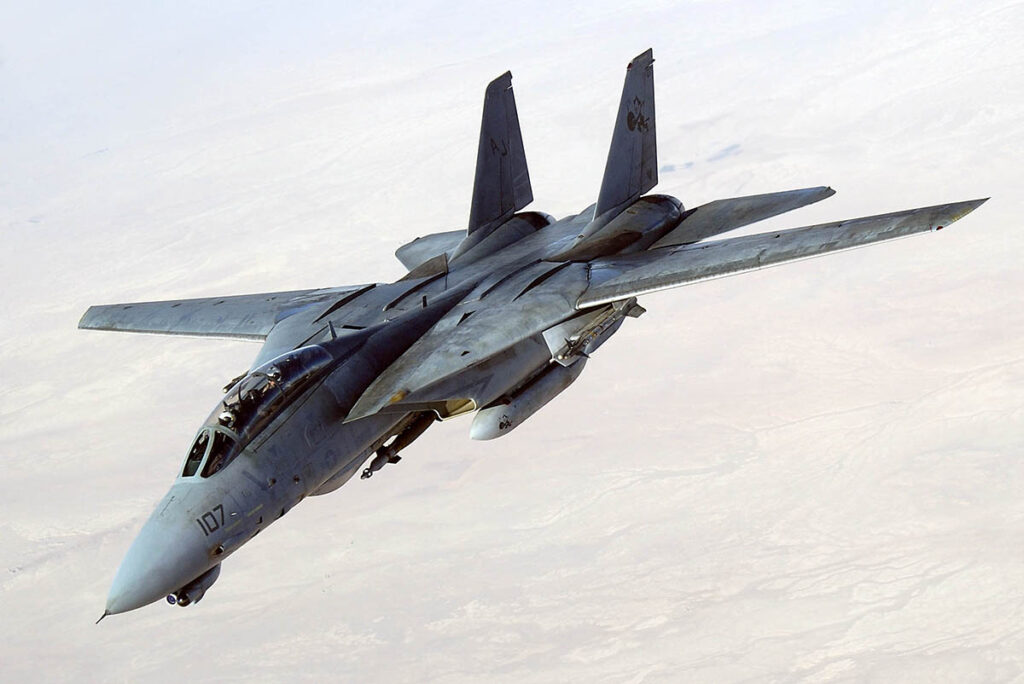
The Grumman F-14 Tomcat is a twin-engine supersonic fighter jet. The F-14, created by Grumman for the US Navy, rose to prominence as a symbol of air dominance when it was in use from the 1970s until the early 2000s. The Tomcat was capable of engaging and intercepting hostile aircraft at astounding speeds, with a peak speed of Mach 2.3 or 1,544 mph.
MiG-29 Fulcrum
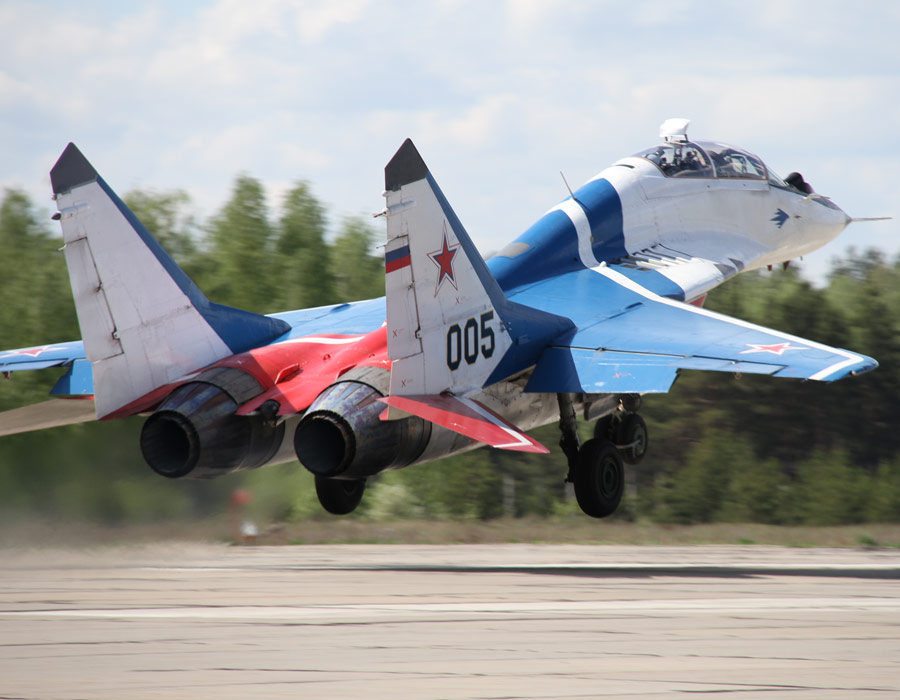
Another product of Soviet innovation, the MiG-29 Fulcrum, is renowned for its remarkable speed and agility. The Fulcrum is an air-to-air combat aircraft that can perform accurate turns quickly, with a maximum speed of Mach 2.3 or 1,520 mph. Because of its adaptability and speed, it is a preferred option for air forces throughout the globe, continuing the long tradition of Soviet aircraft design.
Lockheed Martin F-22 Raptor
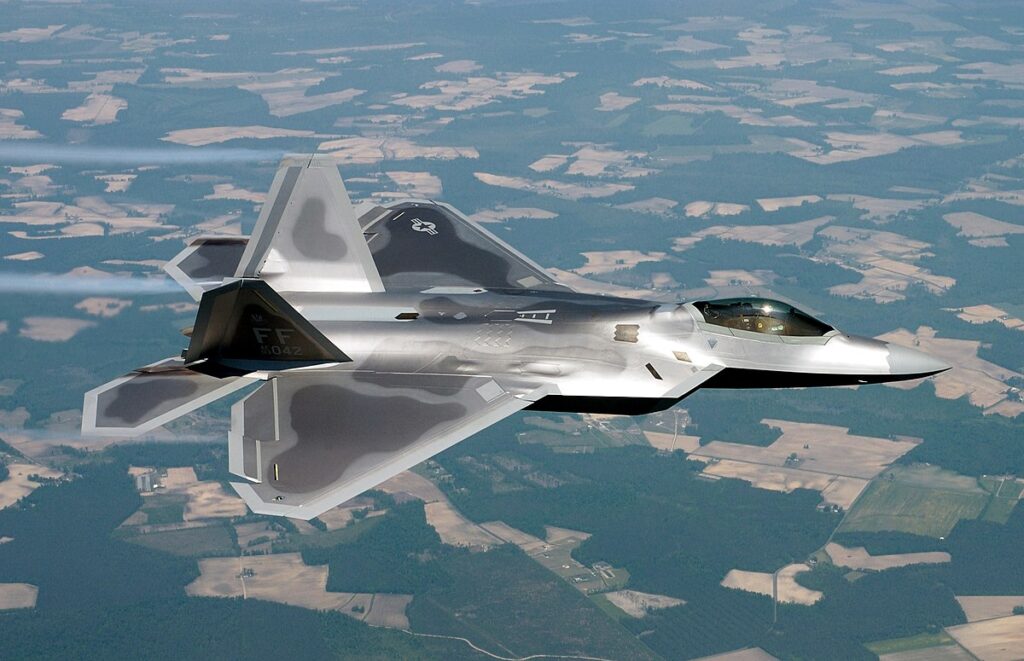
The Lockheed Martin F-22 is the sole stealth aircraft on this list. A fun fact: There have only ever been 200 Raptors produced, and the kind has never been exported. The Raptor is capable of outmaneuvering and outpacing any foes due to its peak speed of above Mach 2.25 or 1,500 mph. Its supercruise capability and sophisticated avionics allow for continuous high-speed flying without the need for afterburners.
McDonnell Douglas F-4 Phantom II
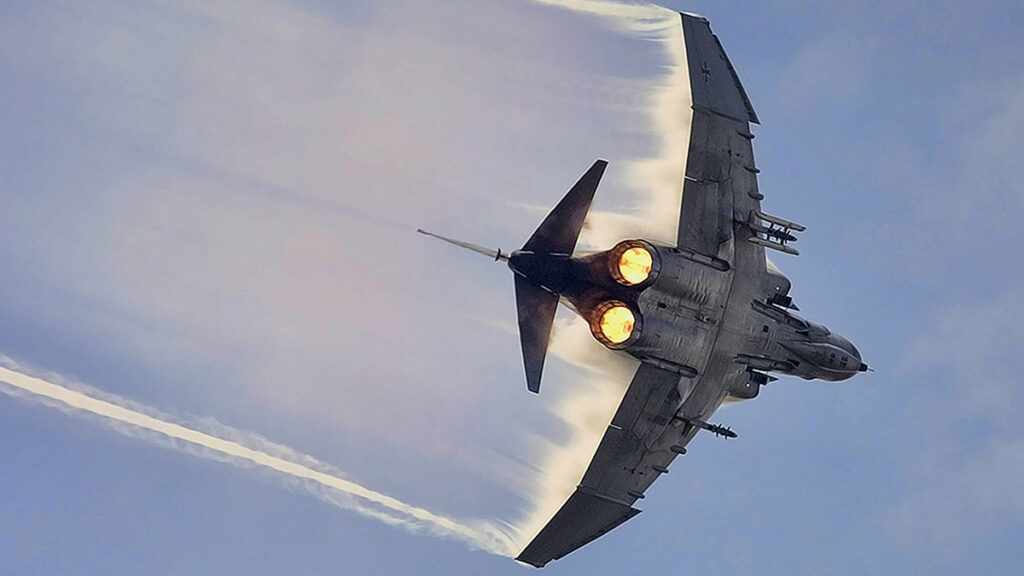
Glancing back in time, the F-4 is a quintessential illustration of a combat aircraft designed for speed that was vital in the Cold War. The Phantom II, which made its debut in the 1960s, was incredibly fast, hitting Mach 2.23 or 1,470 mph at 40,0000 ft. The F-4 stands out for its aerodynamic form and powerful General Electric J79 engines.
Frequently Asked Questions
Have We Gone Mach 10?
No. This speed rate has never been tested since it has not been reached by human aircraft. However, a spacecraft has managed to attain true Mach 10. NASA launched the air-breathing hypersonic vehicle X-43A in November 2004, and it succeeded despite being driven into the atmosphere.
Can A Fighter Jet Outrun A Bullet?
When compared to hand-held rifle rounds, most fighter planes fly far slower (an F-17 flies at around 1,900 FPS, while a normal 5.56x45mm NATO rounds at over 3,000 FPS). With its speed of a little over 3,200 FPS, the SR-71 Blackbird is the only aircraft that has the potential to outpace its weaponry yet lacks any weapons systems altogether.
Which Country Has The Best Fighter Jets?
Determining the “best” fighter jets is subjective and depends on specific criteria. The US, China, and Russia are the three major manufacturers of cutting-edge aircraft throughout history. A few notable candidates include the Russian Su-35, the Chinese J-20, the American F-22 Raptor, and the American F-35 Lightning II.
See more:
The Bottom Line
In summary, the fastest aeroplane in the world was the NASA X-43, which has a maximum speed of Mach 9.6. Impressive, right? As for those military jets still in service, the MiG-25 Foxbat takes the lead in terms of speed.
Fighter planes need to fly fast to survive. Serious repercussions may arise if your fighter jet is not moving as quickly as the enemy’s. Given this fundamental concept, aircraft engineers are always competing with one another to produce the quickest combat plane they can.

